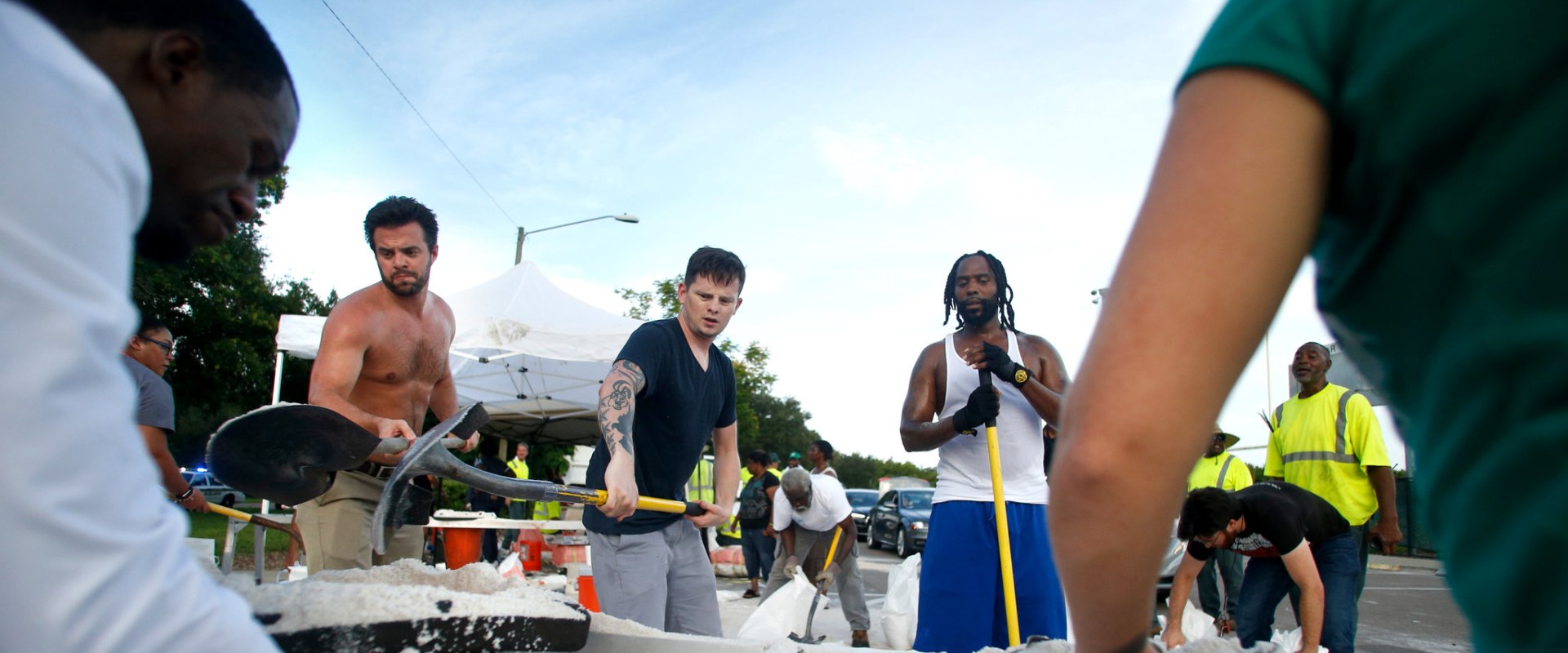In the aftermath of a natural disaster, such as a hurricane, earthquake, or wildfire, safety should be a top priority for hospitality industry workers and guests. This article will provide top tips for staying safe in a post-disaster environment.
Natural disasters can strike at any moment, and the aftermath can be devastating. As members of the hospitality industry, we have a responsibility to ensure the safety of our guests and staff in the aftermath of a disaster. This includes implementing safety protocols and procedures, as well as being prepared for potential emergencies.
Prepare Beforehand

The best way to ensure safety during and after a disaster is to prepare beforehand. This includes having an emergency plan in place, training staff on emergency procedures, and conducting regular drills. Additionally, it’s important to have emergency supplies on hand, such as first aid kits, flashlights, and extra food and water.
Stay Informed
During a disaster, it’s important to stay informed about the situation. This includes monitoring weather reports and emergency alerts, as well as staying up to date on road closures and evacuation orders. Make sure to have a reliable source of information, such as a battery-powered radio or cell phone with a charged battery.
Evacuate if Necessary
If an evacuation order is issued, it’s important to follow it immediately. Don’t wait until the last minute to evacuate, as roads may become congested and dangerous. Make sure to have a designated meeting place for your staff and guests in case of evacuation.
Be Mindful of Hazards
After a disaster, there may be hazards such as downed power lines, damaged buildings, and debris on the ground. Make sure to be mindful of these hazards and stay away from them. If you see a hazard, report it to the proper authorities.
Use Caution with Utilities
After a disaster, utilities such as gas, electricity, and water may be disrupted or damaged. Use caution when using these utilities, and don’t attempt to repair them yourself. If you smell gas or notice any other utility-related issues, evacuate immediately and contact the proper authorities.
Practice Good Hygiene
In the aftermath of a disaster, it’s important to practice good hygiene to prevent the spread of illness. This includes washing hands frequently, using hand sanitizer, and avoiding touching your face. Make sure to provide guests and staff with access to hand sanitizer and soap.
Stay Hydrated
Dehydration can be a serious issue after a disaster, especially if water supplies are disrupted. Make sure to have access to clean water, and encourage guests and staff to drink plenty of it. If you don’t have access to clean water, consider using water purification tablets or boiling water.
Watch for Signs of Stress
Disasters can be traumatic experiences, and it’s important to watch for signs of stress in yourself and others. This includes symptoms such as anxiety, depression, and post-traumatic stress disorder (PTSD). Make sure to provide access to counseling services and support for those who need it.
Keep Important Documents Safe
Important documents such as passports, identification, and insurance papers should be kept safe and secure in the aftermath of a disaster. Consider keeping copies of these documents in a waterproof container or storing them digitally.
Stay Connected with Loved Ones
In the aftermath of a disaster, it’s important to stay connected with loved ones to let them know you’re safe. Make sure to have a charged cell phone or another communication device on hand, and keep your loved ones updated on your situation.
Be Prepared for Power Outages
Power outages are common in the aftermath of a disaster. Make sure to have backup power sources such as generators, flashlights, and batteries on hand. Consider having a backup plan for heating and cooling in case of extended power outages.
Have a Communication Plan
Having a communication plan in place can be essential in the aftermath of a disaster. Make sure to have a way to communicate with staff, guests, and emergency responders. This can include walkie-talkies, cell phones, or two-way radios.
Stay Calm and Focused
In the aftermath of a disaster, it’s important to stay calm and focused. Panicking can lead to poor decision-making and put yourself and others at risk. Take deep breaths and focus on the tasks at hand.
Practice Resilience

Recovering from a disaster can be a long and difficult process. Practicing resilience, both individually and as a team, can help you stay positive and motivated. This includes setting goals, practicing self-care, and supporting each other through the recovery process.
Conclusion:
Natural disasters can be unpredictable and devastating, but being prepared and implementing safety protocols can help minimize the impact on the hospitality industry. By following these top tips for staying safe in a post-disaster environment, you can ensure the safety of your staff and guests and aid in the recovery process. Remember to stay informed, be prepared, and stay calm and focused in the face of adversity.



